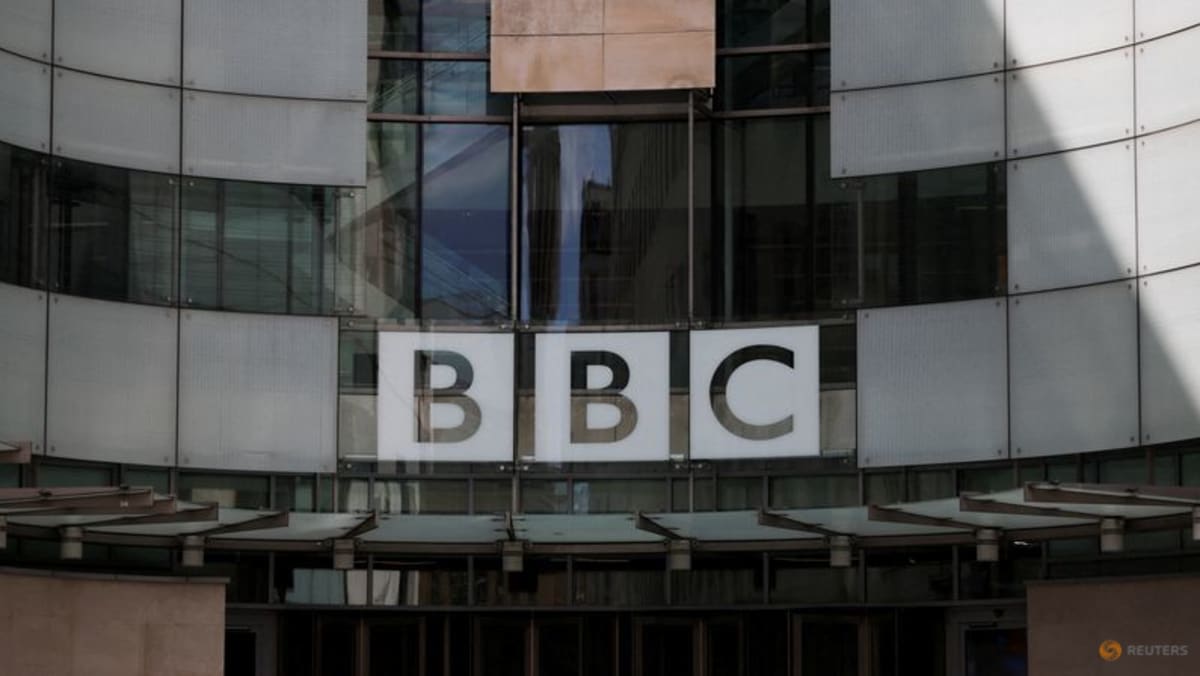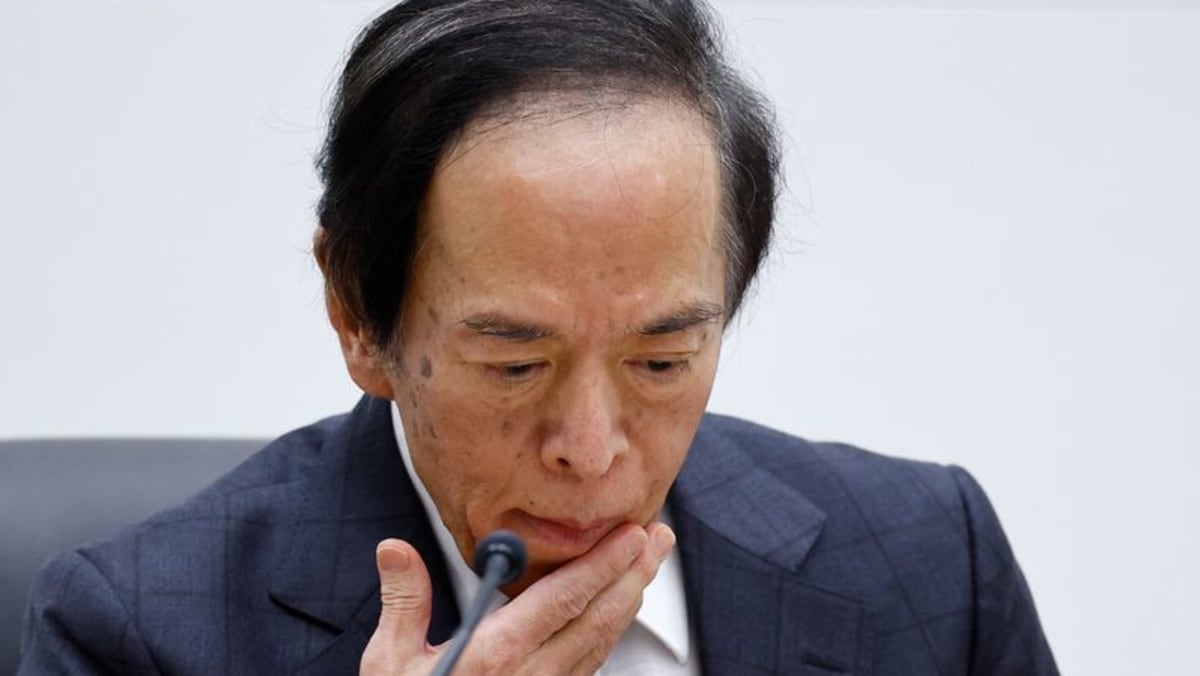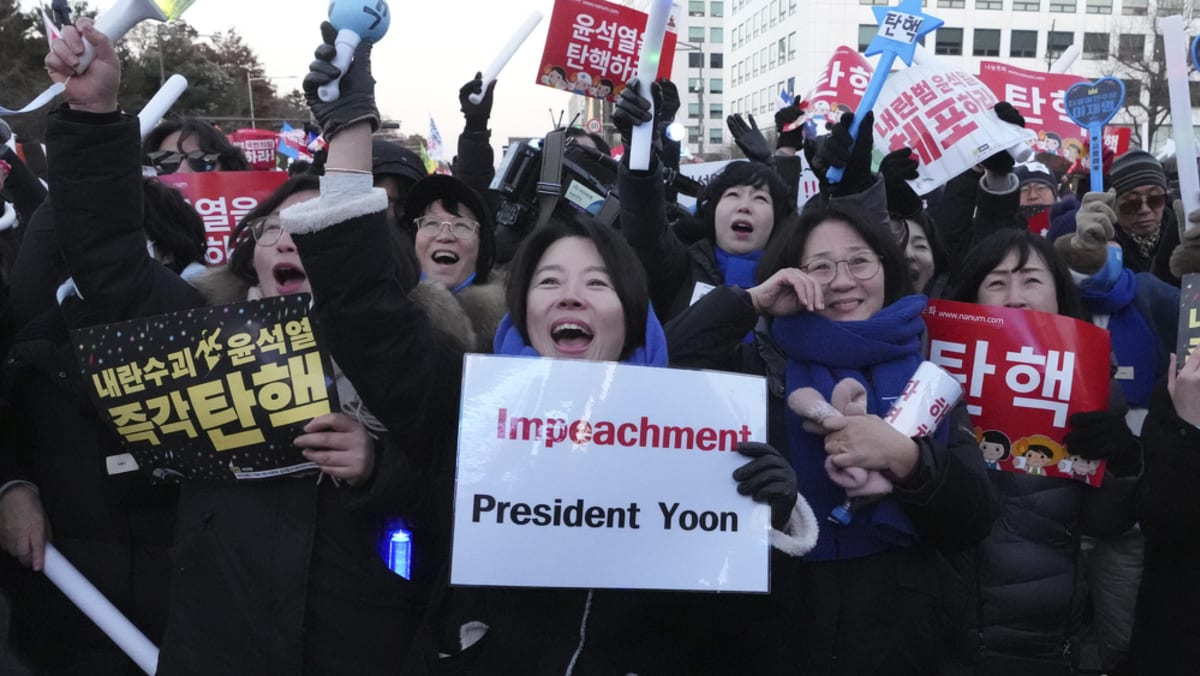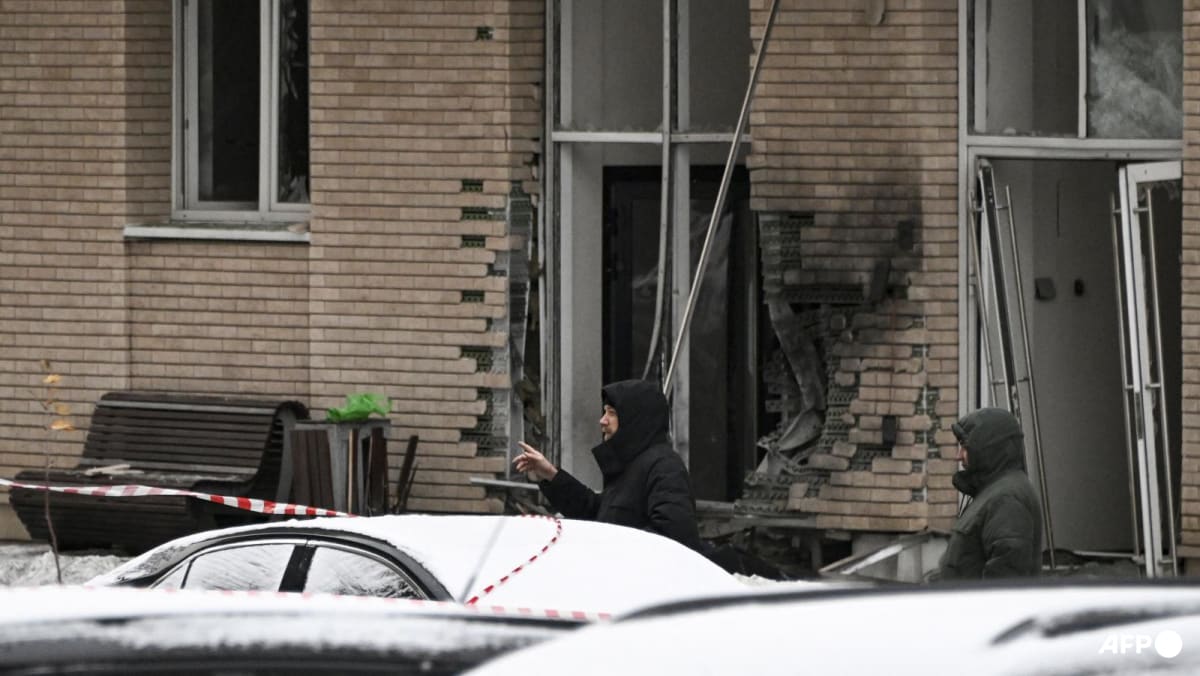BBC News announces net cuts of 155 jobs; HARDtalk axed

SINGAPORE: British public broadcaster BBC has announced job cuts in its news and current affairs departments that will save it £24 million (US$31.4 million).
A net total of 155 jobs will be lost, BBC News reported, with the move part of wider efforts to reduce costs by £700 million a year across the corporation.
In an email to employees on Tuesday (Oct 15), the CEO of BBC News, Ms Deborah Turness, said it would seek to cut 185 roles and open 55 new ones, the Guardian reported. This would result in a net loss of 130 journalism jobs.
An additional 25 employees in technical roles, such as camera operators, are also at risk.
The £24 million saved represents 4 per cent of the BBC’s news budget, Ms Turness added.
The layoffs are part of a broader plan by the BBC to cut 500 jobs across the corporation by March 2026 to create a total of £700m in annual savings relative to 2022, BBC News said.
As of Mar 31, the BBC’s public service headcount was at about 17,600, according to the Press Gazette, a journalism industry news source.
Among the casualties announced on Tuesday was BBC News’ flagship current affairs interview programme HARDtalk. Its Asian Network news service will also close.
The number of digital jobs in time zones outside the United Kingdom’s will, however, be increased, with some new positions opening in Sydney, BBC News reported.
“DEPRESSING NEWS”
Ms Turness said in her email that the BBC had “worked hard to find savings that (did not require it) to close roles”, the Guardian reported.
“In fact, more than 40 per cent of these savings will come from non-staff measures including reductions to spend on contracts, suppliers, distribution and physical buildings,” she said.
However, National Union of Journalists general secretary Michelle Stanistreet said the latest job cuts “represent a damaging assault on journalism and news at a time when the UK needs greater plurality and diversity of news and trust in journalism is under attack at home and abroad”, the Press Gazette reported.
Meanwhile, current HARDtalk presenter Stephen Sackur, who will leave the BBC, said it was “depressing news” for “all who believe in the importance of independent, rigorous deeply researched journalism”.
Launched in 1997, HARDtalk has seen world leaders and personalities, such as late Venezuelan leader Hugo Chavez and Russian foreign affairs minister Sergei Lavrov, face hard-hitting questions about sensitive topics. It will shut down in March 2025, according to the Guardian.
“At a time when disinformation and media manipulation are poisoning public discourse HARDtalk is unique – a long-form interview show with only one mission: To hold to account those who all too often avoid accountability in their own countries,” said the veteran BBC journalist on a post on X.
WORLD SERVICE CUTS?
The job cuts were announced a day after BBC director-general Tim Davie said that financial constraints affecting the BBC World Service were allowing Russia, China and other actors to “fill the gaps”, including with “unchallenged propaganda”.
“We can now see clear evidence of the fact that when the World Service retreats, state-funded media operators move in to take advantage,” he said.
The BBC’s latest announcement made no mention of its World Service, which has already seen cuts to its foreign language services including its Chinese, Arabic and Persian services.
The BBC World Service delivers output in 42 languages and reaches around 320 million people worldwide every week.
For years it was funded through grants by the British government’s foreign ministry. But since 2014, it has been predominantly funded by the television licence fee paid by British households.
The World Service has agreed not to close any language services under its current support package, but that condition is due to be lifted next year.
In April this year, a UK parliamentary inquiry was launched into the future funding of the service.
It was due to inspect its role as a soft power and look to establish whether increased government support was needed.
Source: CNA















